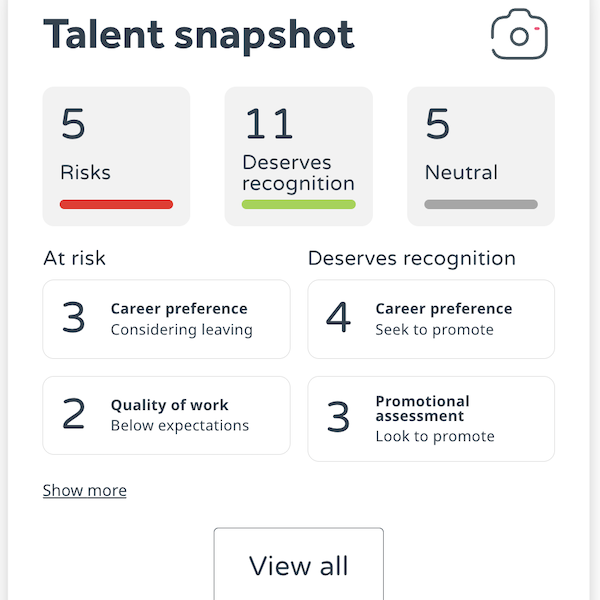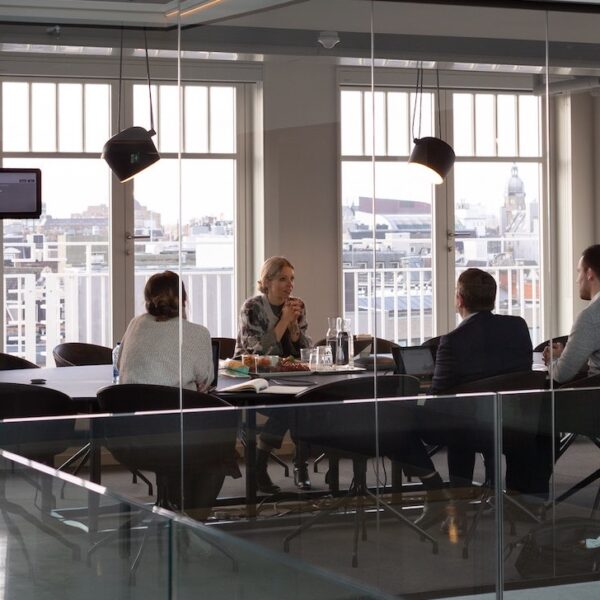The booze-fuelled office Christmas party has long been an essential date in the business calendar. But now businesses across the UK are rethinking it. Boozy parties are out. Volunteering for a charity is in.
How and why has this happened? After all, aren’t booze and the office Christmas party as inseparable and essential to the festive season as turkey and stuffing? Isn’t getting tipsy (or trashed) at the company’s biggest staff event of the year a rite of passage we look forward to all year long?
Well actually, no. Not anymore. Employees are turning their backs on the annual binge and employers are starting to listen.
So, what exactly is causing this change of heart and how are businesses responding?
Booze going out of fashion in UK
A recent report in The Independent highlights that global alcohol consumption is increasing. However, consumption of alcohol in the UK has fallen in the last 30 years. While boozing in Asia is on the rise, Brits are actually drinking less.
In the UK our relationship with alcohol is changing, especially amongst Millennials, who are already the largest generation in the workforce. In fact, according to The Washington Post, Millennials have sparked a sober revolution!
This is backed up by research carried out by the University of Sheffield, which found lower consumption and drunkenness levels among young people in the UK, with abstinence rates in the 16-24 year-old age group on the rise.
The report, Youth Drinking in Decline, reveals a consistent pattern over 10-15 years of reduced participation in drinking, reduced consumption levels among drinkers, reduced prevalence of drunkenness and less positive attitudes towards alcohol.
Abstinence from alcohol is becoming socially acceptable, especially within the younger generations. One BBC journalist reports
“A bar without booze sounds like an oxymoron, like an aquarium without fish or a bakery that doesn’t serve bread. But in cities like New York and London, where bars often function as second living rooms for apartment dwellers with little space, an alcohol-free nightlife option can appeal to people who, for whatever reason, would prefer not to drink.”
Many Millennials still either live at home with their parents or flat-share. They want to socialise with friends but they don’t have privacy in their living spaces and they don’t want to spend every evening at the pub.
It is no longer fashionable to get drunk. Young people coming into the workplace want different things to previous generations and businesses need to understand this.
Social media influencing how people behave
Gen Zers and Millennials are tempering their relationship with alcohol partly because of the fears of losing control and having the evidence shared on Snapchat, Instagram or Facebook, but also because they think drinking just isn’t all that cool.
Health and wellbeing being pushed up the corporate agenda
Employees are leading a wider nationwide trend preferring booze-free alternatives to the traditional after work drinks, says a report in Business Matters magazine. Highlighting the findings of The Drinkaware Monitor Report in 2018, the magazine reports,
“Two-thirds of people want health and wellbeing incentives to be promoted by employers instead of after work drinks.”
Research by Totaljobs indicates that the wants and needs of British workers are changing. Just under half (48%) of UK workers suggest there should be fewer professional events and incentives centred around alcohol, and two-fifths (42%) going so far as to consider rejecting a job offer from an employer with a boozy reputation. Employee engagement strategies from days gone by could be unintentionally alienating some of the workforce.
“Almost half of UK workers would reject job offer from an employer with a boozy reputation.”
Millennials want a social purpose
The decline of the boozy office Christmas party isn’t only down to the fact that younger generations are less interested in alcohol or that businesses can’t afford to throw these kinds of parties. Millennials are more inclined to work for businesses with a social conscience. Businesses partnered with a charity and operating a robust corporate social responsibility (CSR) programme are attracting top talent.
Some companies are ditching the office Christmas party altogether and arranging volunteering activities for a charity instead. Millennials are reshaping the workforce and reinventing philanthropy. Sobriety and purpose are redefining how businesses mark Christmas with their employees.
Employee engagement driving business results
The traditional boozy office Christmas party has been banished to history. While austerity put paid to the lavish affairs thrown prior to the financial crisis, an increasing focus on health and wellbeing in the workplace has contributed to a new way of coming together.
There has been a remarkable shift in thinking around employee engagement in the last decade. Gartner has revealed that repeated studies over the past 10 years show that the business performance of organisations with the best employee engagement scores outpaces that of competitors.
Listening to what a multigenerational workforce wants is a big part of this and Millennials can’t be ignored.
Find out what kind of Christmas your employees want
Many businesses are putting more thought and effort into their employee engagement strategy, including rethinking the tradition of dinner, dancing and plentiful alcohol.
Why not find out what is important to your staff with an employee engagement survey by WeThrive?
It may be too late to change your Christmas party plans this year, but adding a charitable slant is still possible. As January is the month employees are most likely to think about leaving, it’s the perfect time to step up your retention and engagement strategy. Call our employee engagement team now to find out more.


